2024 — 2025 Cohort of Provost’s Postdoctoral Fellows for Academic Diversity Named
Senior Vice Provost for Research Dawn Bonnell and the Office of Postdoctoral Affairs have announced the 2024-2025 cohort of Provost’s Postdoctoral Fellows for Academic Diversity.
Designed to help postdocs advance their careers while enriching the community of scholars at the University of Pennsylvania and the Children’s Hospital of Philadelphia (CHOP), the fellowship program has supported nearly 100 postdocs across nine of Penn’s schools and at CHOP since its inception in 2010. Half of these fellows have gone on to positions in academia while the remaining have found careers in industry, nonprofits, and government.
During the three-year fellowship period, postdocs conduct research while participating in training and development to enhance professional skills. New programming and networking events have recently been added to augment the fellows’ research and scholarship activities and to help prepare the postdocs for the next step in their careers.
This year’s cohort, with the majority beginning their fellowships in July, will work across the School of Arts & Sciences, Perelman School of Medicine, School of Nursing, Annenberg School for Communication, Graduate School of Education, School of Social Policy and Practice, and the Wharton School.
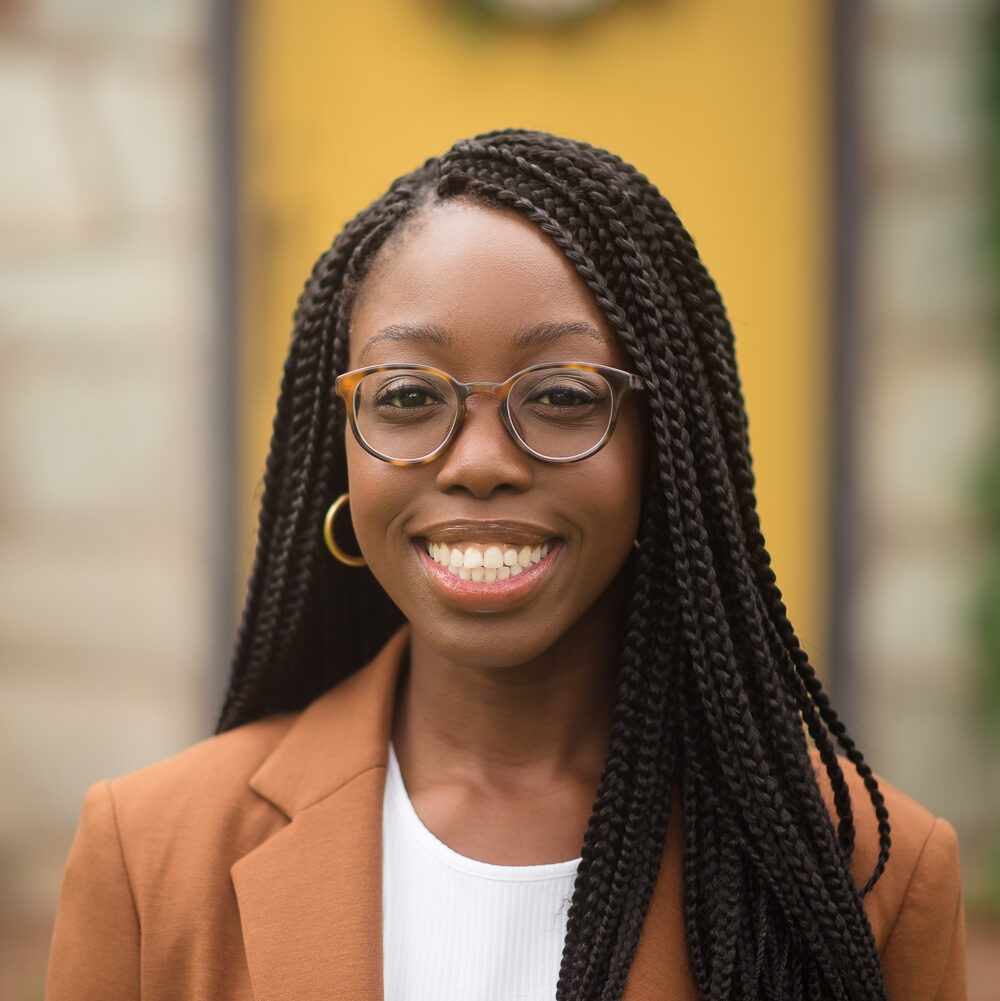
Marilyn Baffoe-Bonnie (she/her) will be working with Robert Aronowitz exploring the intersections of science, technology, and society. Under his mentorship, she will investigate gene therapy, sickle cell disease, and emerging issues in aesthetic medicine. Additionally, Dr. Baffoe-Bonnie examines the social and ethical dimensions of aesthetic procedures to promote patient safety and equity in access to therapies.
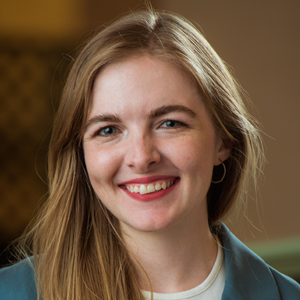
Indie Garwood (she/her) will be working on neural engineering, neurostatistics and computation, and fundamental neuroscience in non-human primate (NHP) models with an eye for human translation. Dr. Garwood will be working in the lab of Bijan Pesaran, at the Perelman School of Medicine’s Department of Neurosurgery.
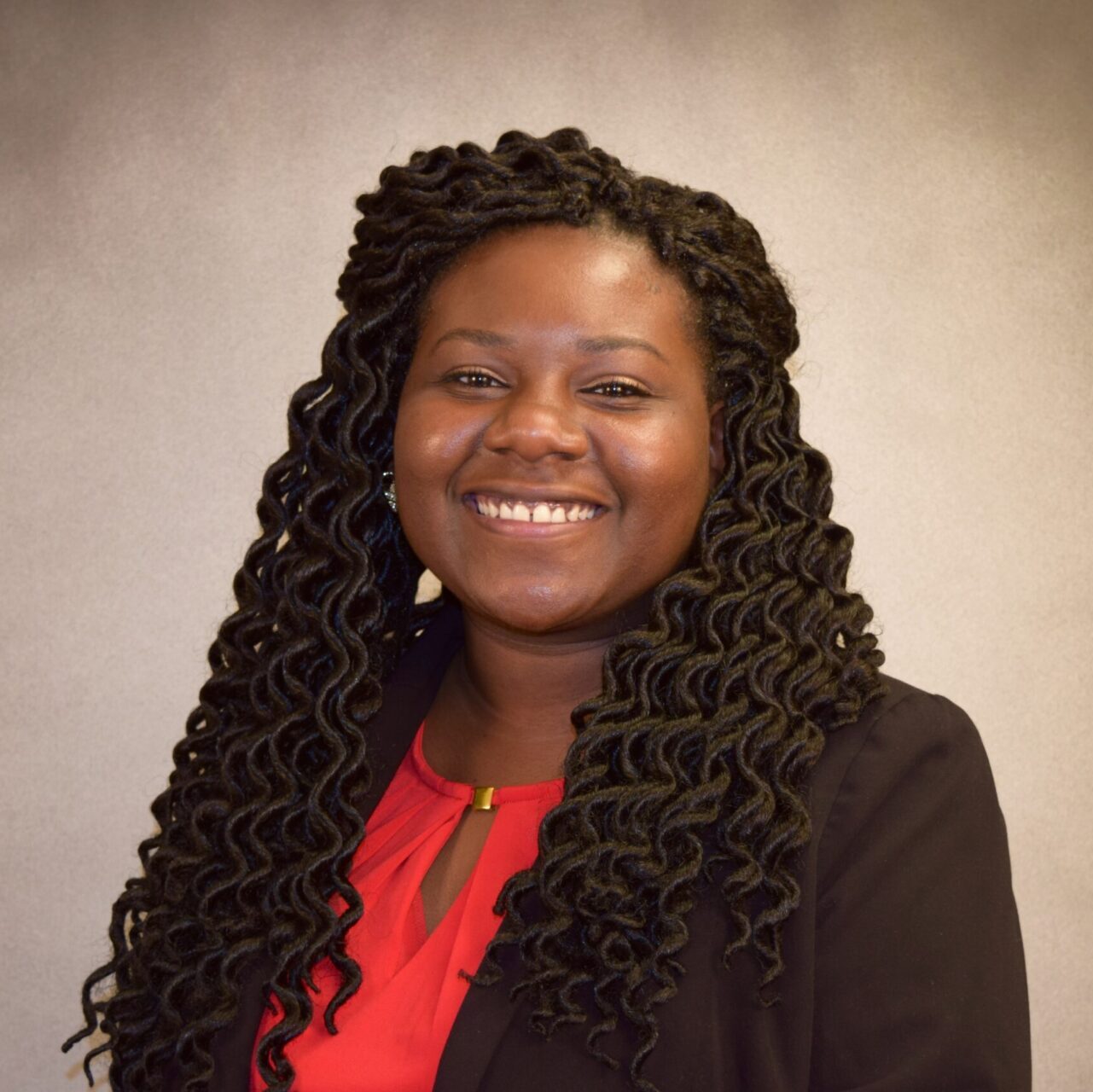
Allante Moon (she/her) researches the mental health impacts of educational systems on Black youth and Black women collegians, particularly within postsecondary institutions. Dr. Moon will work under the guidance of DeMarcus A. Jenkins. Drawing on her public health background, she plans to examine health policy implications for racially minoritized individuals in educational settings.
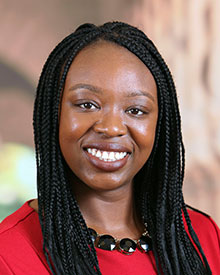
Kemi Oyewole (she/her) examines the evolution of instructional coaching in K12 schools. Under the mentorship of Rand Quinn, Dr. Oyewole will investigate the motivations behind the adoption of coaching, delving into its rise in popularity despite ambiguous needs and significant costs.
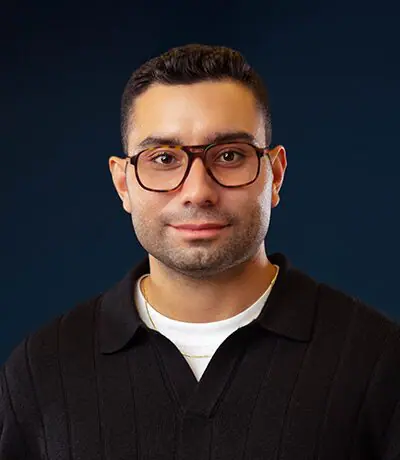
Julian Quiros (he/him) investigates child welfare administrative data platforms, focusing on the Philadelphia Family Data System (PFDS). Guided by Julia Ticona, his research explores the influence of data-driven governance in child welfare, aiming to reveal complexities in representation.

Alisa Shockley (she/her) investigates the impact of gun violence on community life and environmental justice. Her research combines participatory mapping and spatial analysis methods to understand how gun violence disrupts daily routines and community spaces. Dr. Shockley will work with Sara Jacoby, Michelle Kondo, and Eugenia South.

Diondra Straiton’s (she/her) research examines how to optimize training efforts to support clinicians working with autistic youth in publicly funded and under-resourced community settings. Dr. Straiton will join David Mandell at the Perelman School of Medicine’s Penn Center for Mental Health, to create and implement parent coaching interventions for traditionally underserved autistic children.
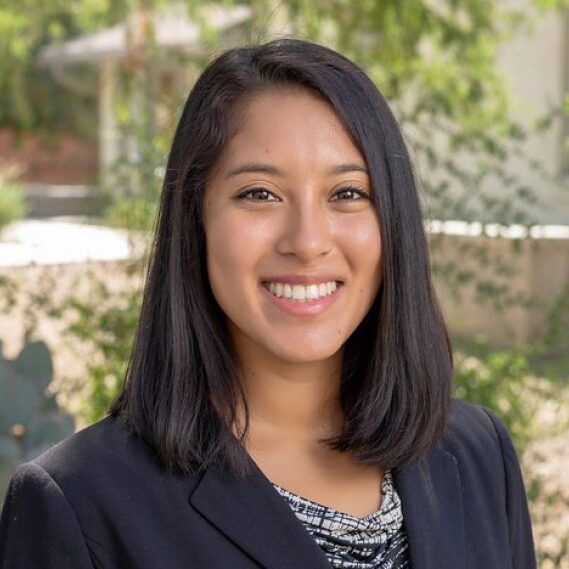
Elena Wong (she/her) will be working with Lindsey Cameron and Katherine Klein at the Wharton School. Her research considers the role of an individual’s identity in relation to workplace well-being, with a focus on how one’s self-concept influences their experiences and outcomes in the workplace.